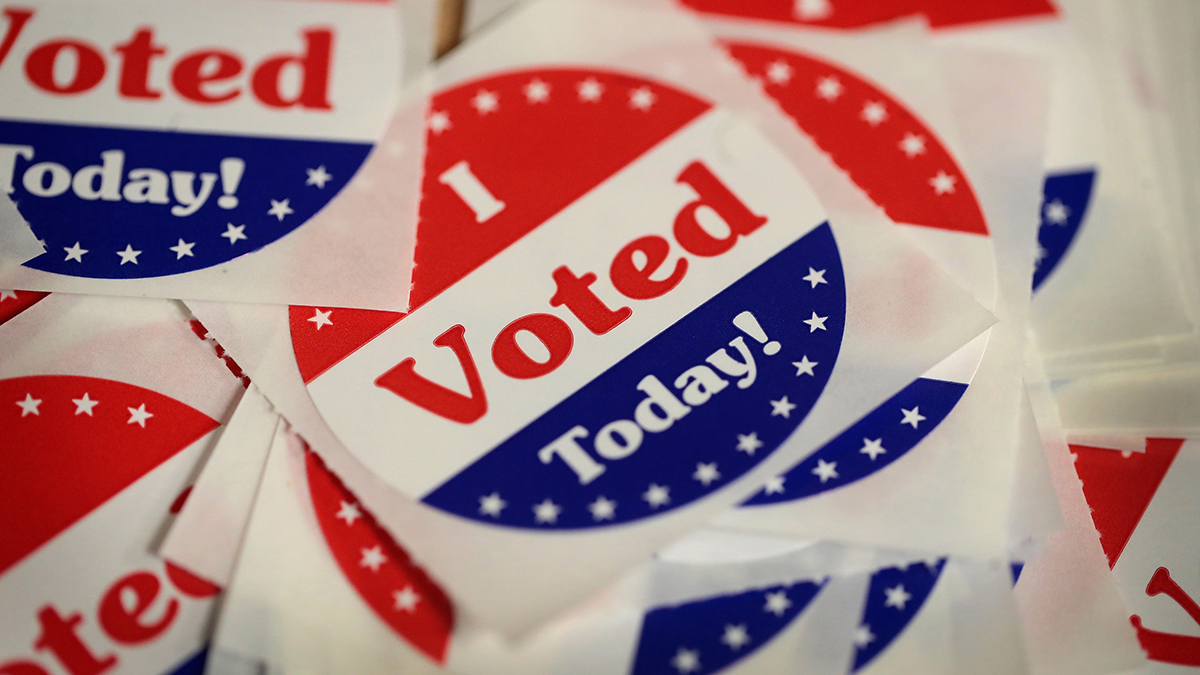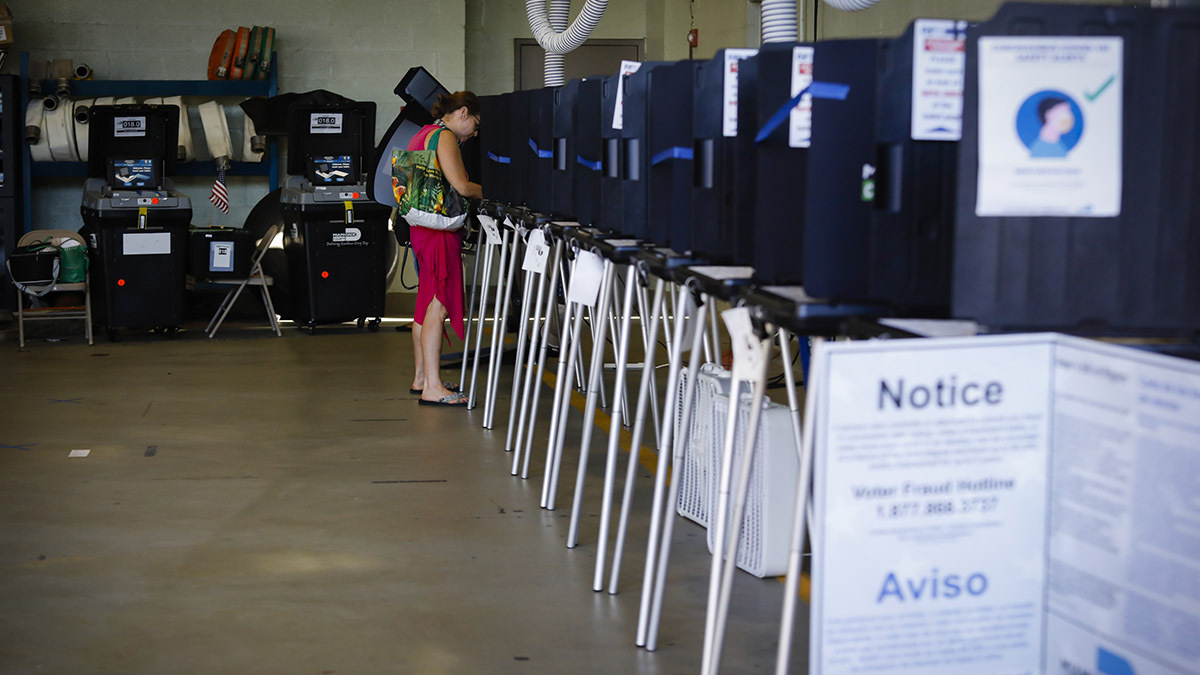What to Know
- In Amendment 2, Floridians can decide to triage the minimum wage over time, higher than the current $8.56 an hour, eventually bringing the lowest wage in the state to more than $15 an hours
- It will bring people out of poverty but some jobs will be lost
- There are six proposed amendments to Florida's constitution on November's ballot
More than President Trump and former Vice President Joe Biden are on the ballot this November. There are six proposed amendments to the Florida constitution. Probably the most impactful of all the amendments for good or ill is Amendment 2.
In Amendment 2, Floridians can decide to triage the minimum wage over time, higher than the current $8.56 an hour. It could eventually bring the lowest wage in the state to more than $15 an hours. It will bring people out of poverty but some jobs will be lost.
If voters approve the measure by sixty percent, the state minimum wage goes up to $10 in September 2021. After that, it will increase $1 per year until it reaches $15. After that, the minimum wage will be adjusted for inflation every year.
The change would be large in South Florida where travel, tourism, and hospitality workers make up a large part of the workforce. Those jobs often pay less than $15 an hour.
2020 has been a tough year for the service industry and low wage workers. What’s normally a jam packed Hollywood Beach Boardwalk is missing the cruise ship crowds who swamped the area before the virus came.
"This is COVID normal. This is completely out of the norm for this time of year," said Debra Case, owner of the Ocean Alley restaurant along Hollywood Beach.
She’s also on the board for the local Chamber of Commerce.
Case tells NBC 6 raising the minimum wage to $15 an hour would drive up payroll in her businesses and many others by seventy percent.
“The problem is, this has not been discussed enough. We haven’t had the opportunity to discuss it at the levels of how it truly affects the individual industries,” said Case.
She worries mandating a higher minimum wage will pass costs down to the customer, making products more expensive and jobs harder to come by. Employers, she says, are better at deciding pay for talent in a transient and changing service industry.
“That price range is a step into a position. That’s a trainee. That’s an intern, or an educational level. And then you go up from there. Always. Nobody ever stays at that,” said Case, “It’s minimum wage for a reason. You don’t pay out all your bucks while you’re training someone to do something.”
Local personal injury attorney John Morgan pumped in millions of dollars to collect enough signatures and got the minimum wage proposal on the ballot.
This amendment is part of a nationwide effort, spurred on by the Fight for Fifteen movement.
Cristian Cardona is a manager at McDonalds in Central Florida and makes $11.15 an hour. He recently joined the policy debate.
“I don’t want to hear that they don’t have enough money, which is a lie. There’s a lot of multi-billion dollar companies. They have enough money,” Cardona tells NBC 6.
2020 has been a tough year for workers as well. Thousands who go paycheck to paycheck lost their jobs when the pandemic hit. The state’s low payouts for unemployment and a widely lampooned unemployment system leaves many without the resources to make ends meet.
Cardona was exposed to the coronavirus and took two weeks off work. His mother also had health issues this year. He supports a $15 an hour “living wage” so he has some disposable income when he needs to take off work to tend to his or his mother’s health.
“I don’t make enough to afford to have a place to live on my own. If it wasn’t for my parents, I wouldn’t have enough to afford a place at all. Not to mention all the bills that come on top of that. It’s the same situation for millions here in Florida,” said Cardona.
According to the Florida Policy Institute, a left leaning think-tank, last year thirteen out of every 100 Floridians lived in poverty.
A national study by the Congressional Budget Office estimated that gradually raising the minimum wage to $15 across the country would lift more than 17 million people out of poverty but would lead to more than one million people losing their jobs.



